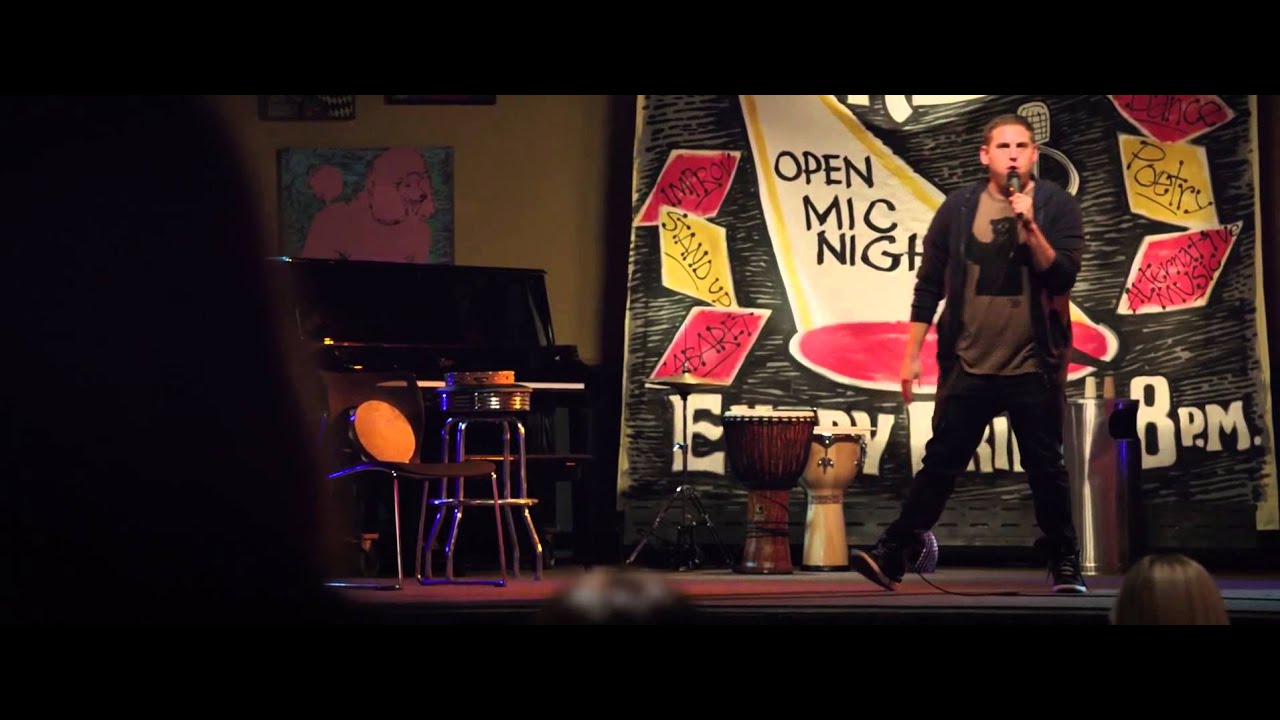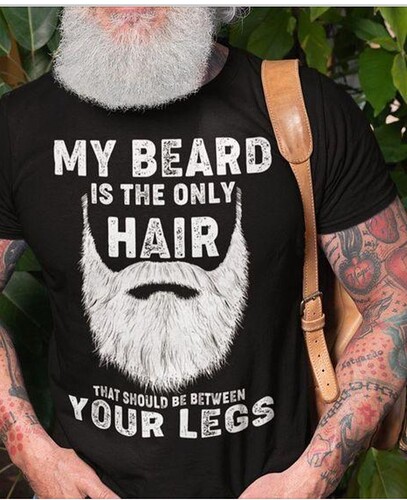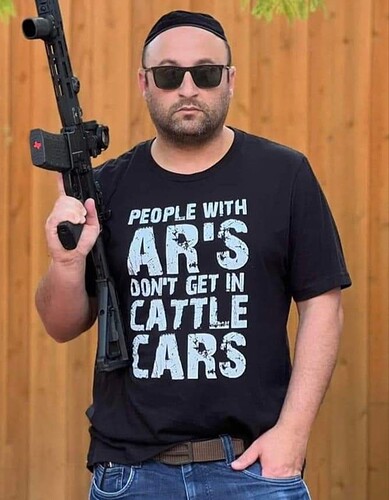comics have historical and still are, used as political commentary, so I dont think it’s 100% accurate to suggest no meaning. This applies to most texts. Like anything, understanding, application and intergration of the presented ideas is always going to be a factor. Not that I am suggesting comic book nerds have the knowledge on how to fix flawed systems in our society
Perhaps you just read meaningless comics
Those wheels are beta on a truck
I read that on some news feed…
Trump Nazis love the flag Punisher skull, and he’s gonna run again, so get ready for new waves of Punisher skull bikers, cops, meth heads, and cucksucking Republican’ts.
Just so you know who to blame when the abortion doctors start getting sniped again. It’ll be one of these assholes.
Toxic masculinity,
Is not being masculine.
Toxic masculinity is being born a male,
and hiding.
Retreating.
And not dying, to protect the rest of the group,
from external threats.
Because that is what being masculine is, and was.
And there was and is a reason
for masculinity.
It is as high a virtue, as femininity.
Or else it would not exist.
Nature is not a fool.
Humans, are.
But Nature, is not.
I think it’s a silly internet meme made up so people can indulge in their desire to make fun of other people, and thus feel superior in the process.
I agree.
It’s more Orwellian crap, put out by the usual shit heads.
Maybe Russian troll farm?
But predates it. There was this author back in late80s early 90s… shit, I may have read his book.
Yeah, this is is, I think.
" One of the first appearances of toxic masculinity in the mainstream press was in a 1990 New Republic article by Daniel Gross. “The Gender Rap: ‘Toxic Masculinity’ and Other Male Troubles” focused on a new-age movement that appeared to resonate with a healthy number of American men (the first annual Men’s Studies Conference had launched the year before). Gross credited Shepherd Bliss — who preferred the term “mythopoetic” to “new age” — with coining toxic masculinity as a phrase “to describe that part of the male psyche that is abusive.” Bliss comes from a military family and says his authoritarian father embodied the term he defines to me as “behavior that diminishes women, children, other men.” He still has a men’s group, which he separates from “negative” men’s rights groups, and he emphasizes that the expression he invented is “not meant to condemn all males.”
From: The Classroom Origins of Toxic Masculinity
"Scholars point to psychiatrist Dr. Terry A. Kupers as the source of “toxic masculinity” as we now know it, particularly his definition in a 2005 prison study: “Toxic masculinity is the constellation of socially regressive male traits that serve to foster domination, the devaluation of women, homophobia, and wanton violence.” Kupers has been studying incarcerated masculinity for most of his career (his most recent book is Solitary), but in the ‘80’s he was involved in the pro-feminist men’s movement and realized he could integrate his knowledge of gender with his knowledge of prisons. Kupers found that Connell’s hegemonic masculinity, when applied to prisons, was in fact toxic masculinity — which is to say prison is toxic masculinity in its “pure form.” He points specifically to black men who are disproportionately (along with Hispanic men) incarcerated by America’s “justice” system. These are men for whom institutionalized racism has shut them off from “positive ways” of expressing masculinity — excelling at school or at work, for instance — causing them to resort to “negative ways” like crime. In prison the lack of authority is complete, so the toxicity is equally complete. “I don’t think it’s a matter of them being inclined to fight with each other and gain dominance; they’re not,” Kupers says. “Rather they’ve been deprived of all the more positive avenues to get ahead so they choose to maintain their manhood in the prison yard.”
What does this have to do with a bunch of white upper crust school boys? “My sense was that what we see in prison, the sort of tough guy on the yard kind of thing, where prisoners buff up and fight each other for dominance and where sexual assault is the ultimate humiliation,” Kupers explains, “my sense was that that’s not that different from what men do out in the world.”
The following is a quote from literature that @BKR kindly posted tracking the history of the phrase, not @BKR’s own claim:
And yet it is seen in male and female prisons alike, including the sexual assaults.
BTW, for people who get into this here, that quote is from a quote from an article I linked.
Not my own words.
Struggling for dominance is not an exclusively male activity, IME.
More of a human thing.
I like how they photoshop old guy heads on young guy bodies. It’s kind of funny.
REal men take better care of their boots…
A small round.
And usually an inexpensive one.
Seems reasonable to me, especially if that’s a yamaka on his head.



